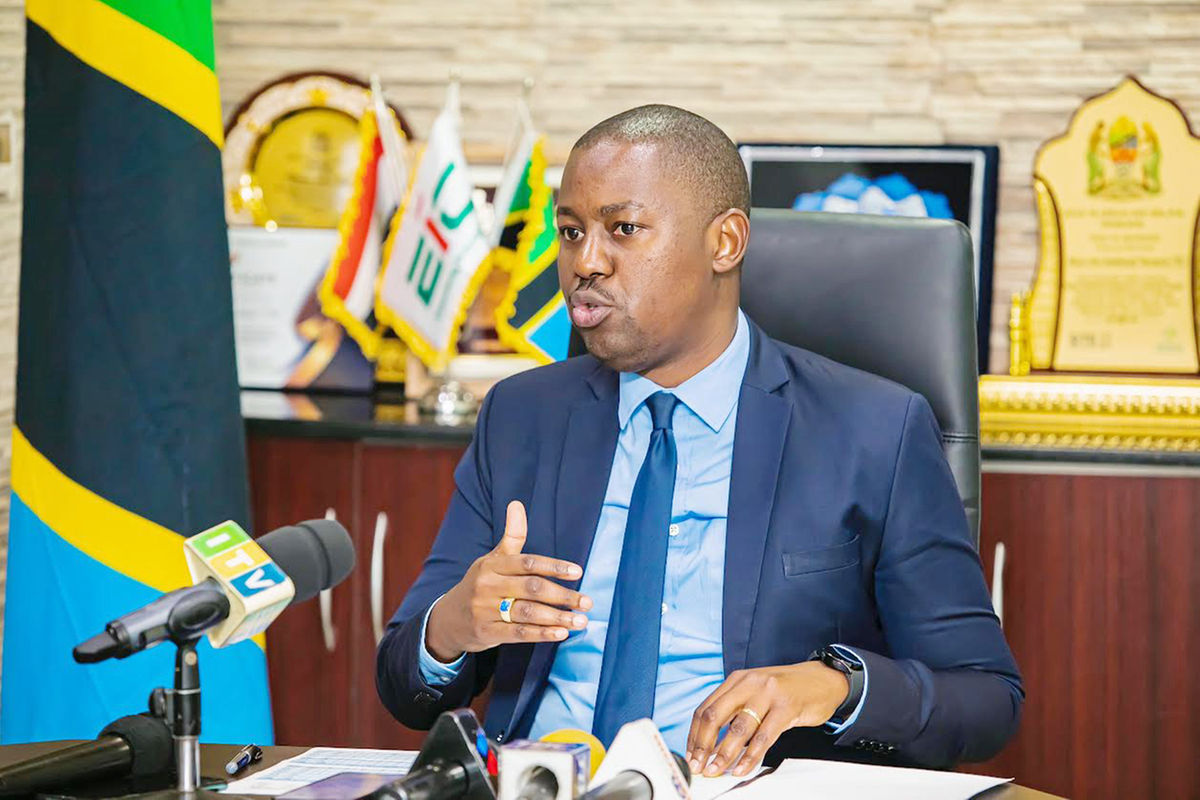Dar es Salaam. The Tanzania Investment Centre (TIC) has set an ambitious target of attracting nearly $10 billion in capital investments in 2024.
This goal builds on five consecutive years of impressive growth in foreign and domestic investments, driven by favourable investment laws and incentives, according to TIC’s executive director, Gilead Teri.
“TIC targets to register 1, 000 projects, with $5 billion in foreign capital and $3.5 billion in domestic capital,” he said.
According to Mr Teri, as the government closed the 2023/2024 fiscal year in June, the centre had registered 707 projects worth $6.56 billion.
He said local participation has also been impressive, with 38.19 percent of the registered projects owned by Tanzanians, while foreigners own 42.86 percent, and 19.38 percent are joint ventures between Tanzanians and foreigners.
“These projects are expected to generate 226,585 jobs compared to 53,871 jobs during the same period in the 2022/2023 financial year,” he said.
The top-leading sector was the manufacturing sector, with 313 projects valued at $2.462 billion, followed by the transportation sector, with 128 projects worth $1.03 billion.
The commercial building construction sector was third with 76 projects valued at $1.07 billion, while tourism registered 75 projects valued at $349.40 million, and agriculture had 56 projects valued at $710.02 million.
The $6.56 billion recorded in the preceding fiscal year was the highest recorded in the past five fiscal years, according to the statistics provided by the TIC. During the corresponding period between July 2022 and June 2023, TIC recorded 369 projects worth $5.39 billion.
Data showed that in 2021/2022 fiscal year, 274 projects were registered worth $2.24 billion, while in 2020/2021 fiscal year, 234 projects were registered worth $3.34 billion, and in 2019/2020 fiscal year, the TIC registered 220 projects worth $1.73 billion.
Mr Teri said the investment laws and regulations had played a crucial role in creating a business-friendly environment and influencing investor confidence.
This, he said, includes attractive incentives and tax structures.
“These incentives include tax exemptions for ordinary and strategic investors, reductions in customs duties, and other financial incentives that make investing in Tanzania more appealing,” he said.
Mr Teri said the government decision to also lower the investment threshold to $50,000 for domestic investors will attract more registrations from local investors.
To improve the convenience and ease of investing in Tanzania, the government plans to strengthen the One-Stop Service Centre services at the TIC by introducing an online system for registering investment projects.
“This system allows investors to register their projects from anywhere in the world within one to three days,” said Mr Teri.
He said the centre’s strategic focus on key sectors, coupled with attractive incentives and a commitment to sustainability, will position Tanzania as a leading investment destination in the region.















